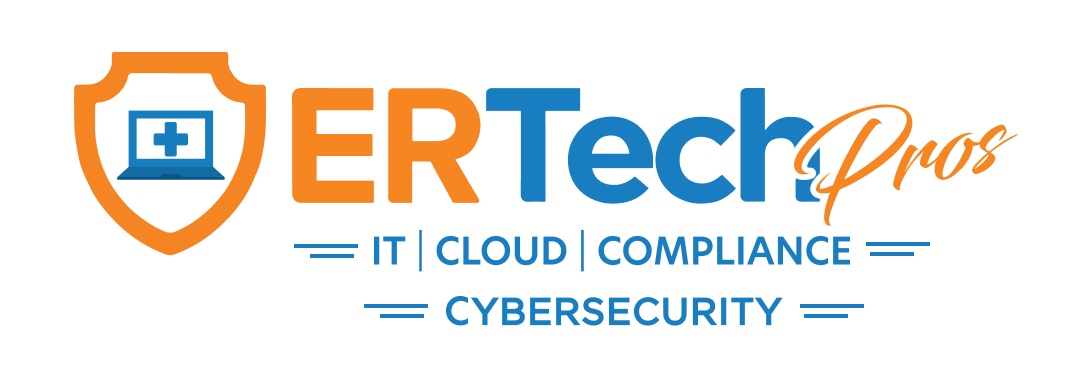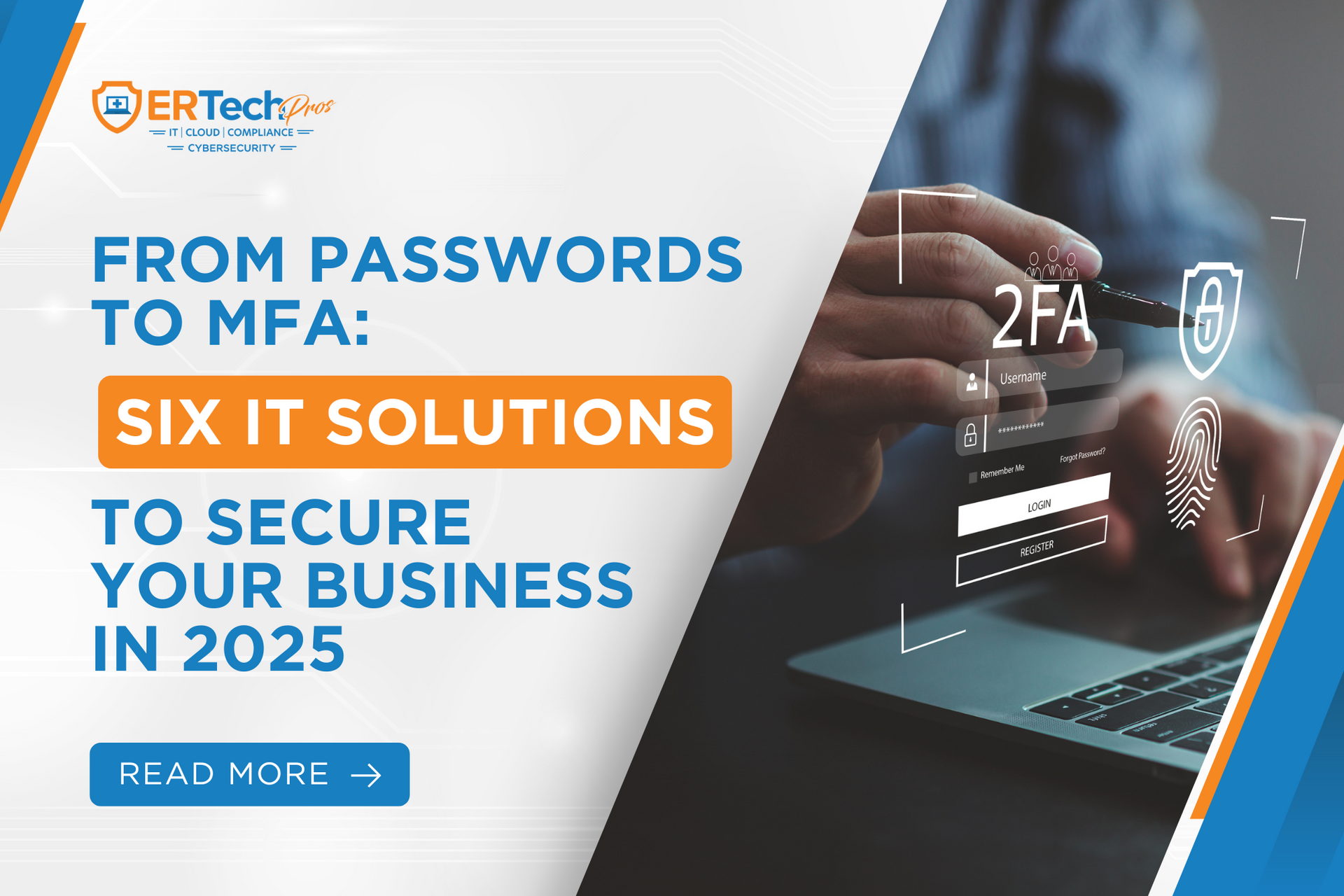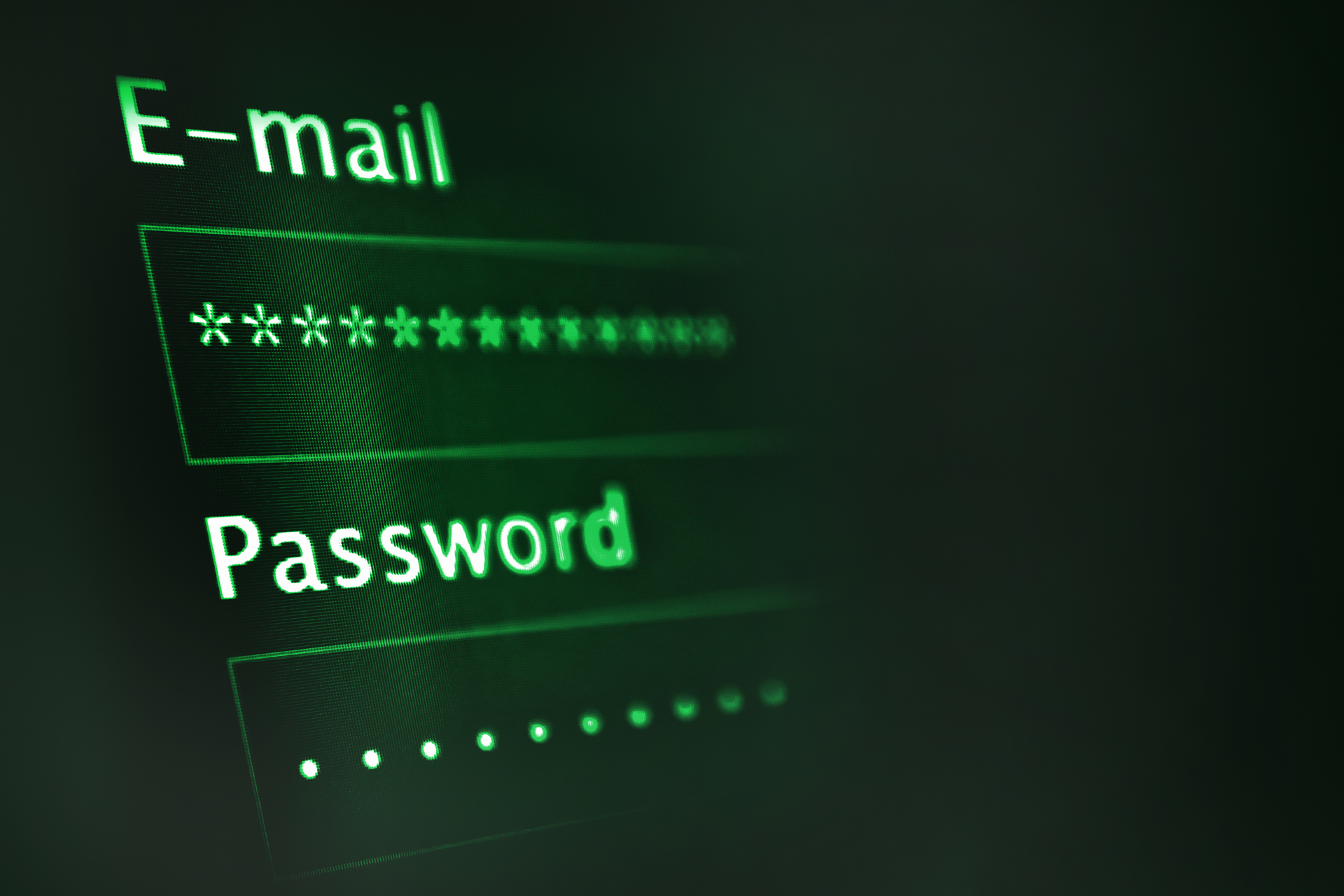Best Practices for Healthcare Privacy in Mobile Apps
As the world becomes increasingly digital, mobile applications have become an indispensable tool for businesses to drive engagement, enhance user experience, and boost sales—the healthcare industry included.
According to a
report by INQVIA, more than 350,000 mobile health (mHealth) applications are currently available to users worldwide. In fact, the global mHealth market is presently valued at $49.2 billion, and
Grand View Research expects it to expand at a compound annual growth rate of 11.6% over the next seven years.
Efficient, cost-effective, and convenient, a mobile health app can streamline patient–provider communication and give patients real-time access to their medical data, allowing them to take a more active role in managing their health.
With all the enthusiasm and excitement surrounding mHealth technology, many forget to ask a crucial question about it:
Is protected health information (PHI) safe in these mobile healthcare apps?
Privacy Risks Associated with Healthcare Apps
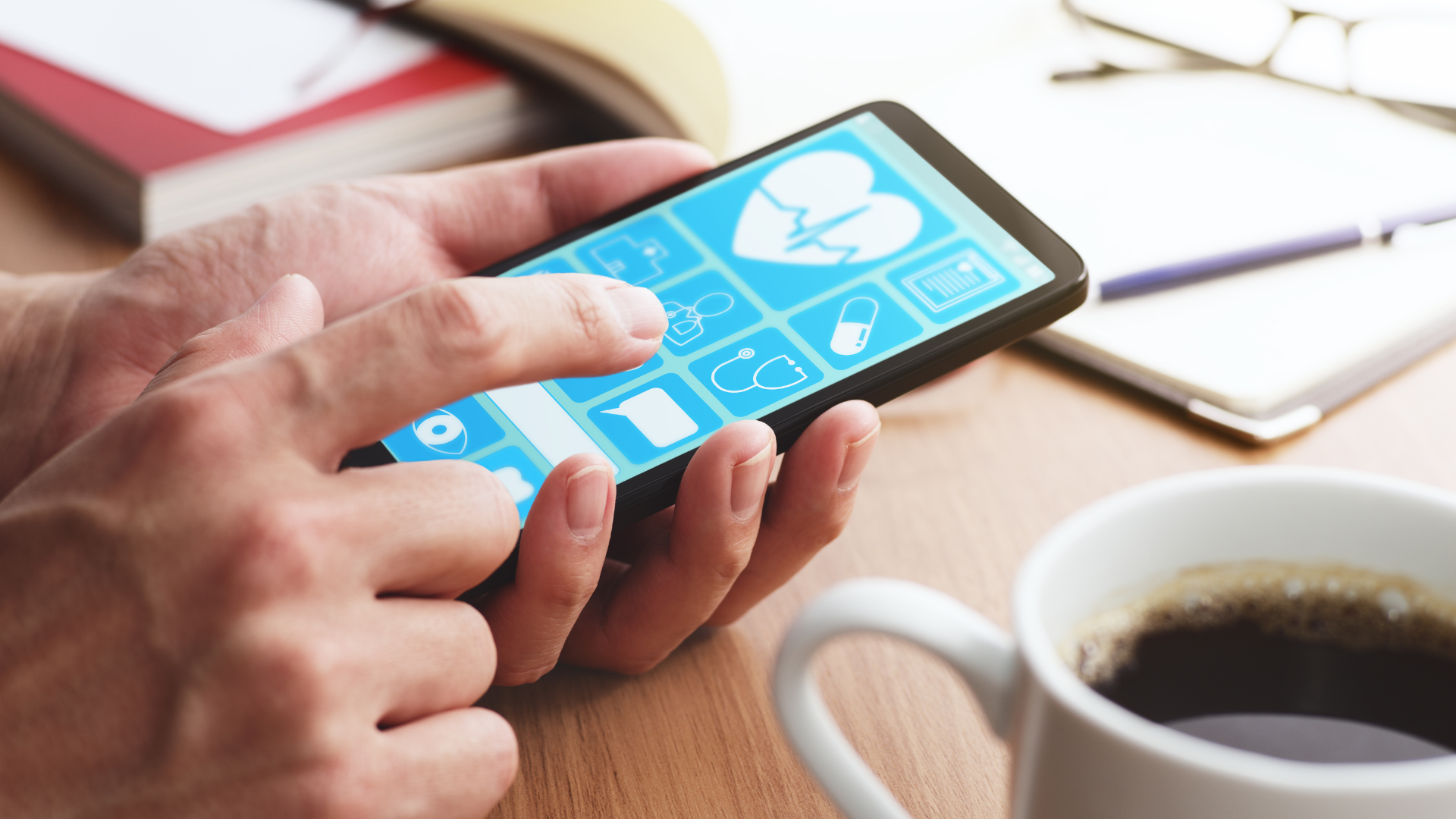
Not all mobile health applications are created equal. While many offer valuable features that enhance patient care, healthcare providers and patients must exercise caution and discernment when selecting and using these apps because they can come with risks.
A study by the British Medical Journal analyzed more than 20,000 mobile health applications and found serious privacy issues in them, namely:
- A massive 88% of the mHealth apps included code that could potentially access, collect, and share personal data.
- 28.1% of the mHealth apps provided no privacy policies.
- 23% of user data transmissions occurred on unsecure communication protocols.
- Most data collection operations involved third-party providers.
- Only 47% of user data transmissions complied with the privacy policy.
- Data collection in mHealth applications was neither transparent nor secure and often exceeded what is publicly disclosed by app developers.
The study concluded that the lack of transparency in mHealth application privacy policies (or the lack of privacy policies altogether) is a significant risk for anyone considering the adoption of the said technology.
Read More:
Medical IT Cybersecurity: Safeguarding Patient Data
Key Considerations When Choosing a Health App
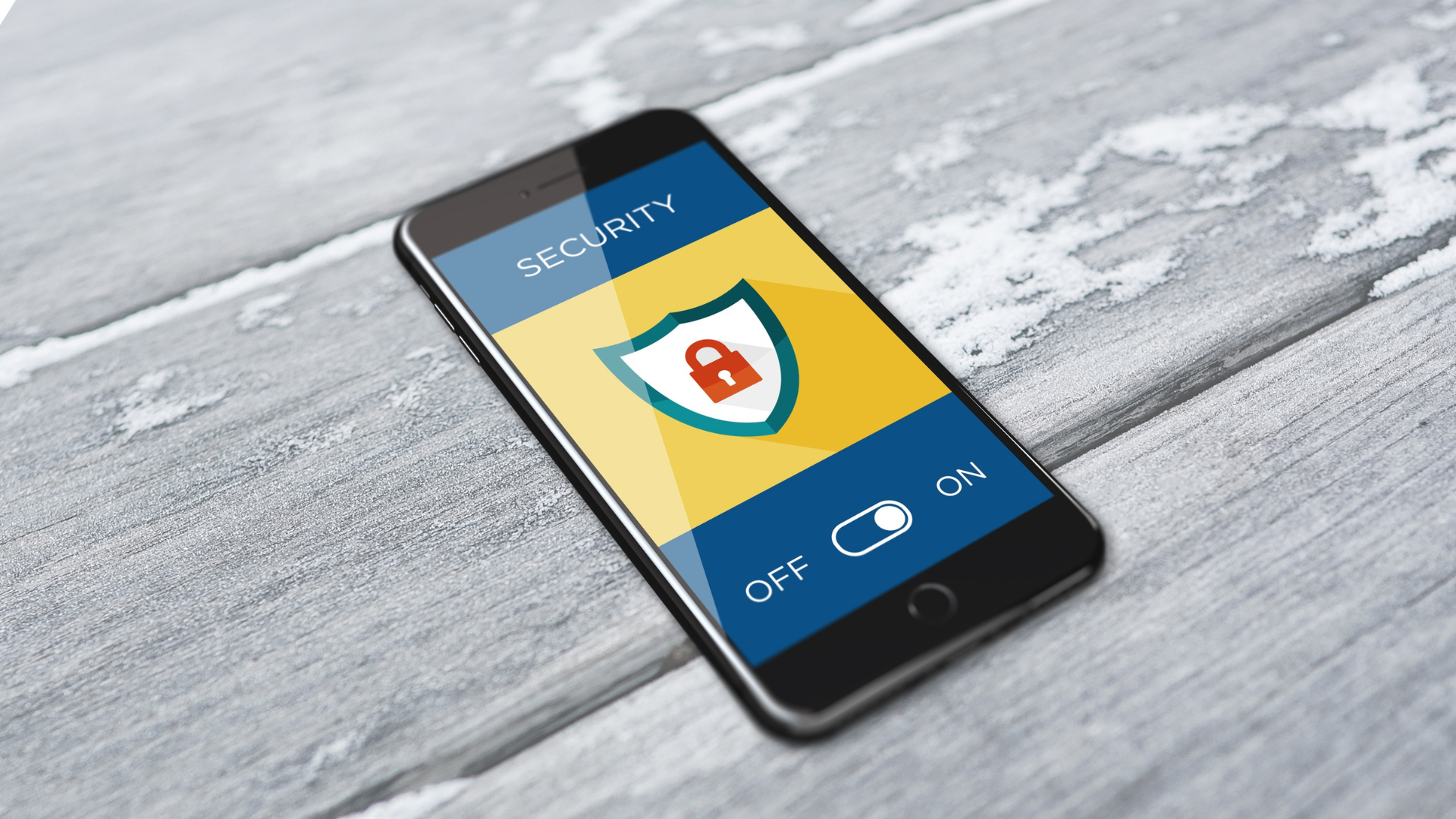
When choosing a mobile health application for yourself or your clinic, it's crucial to prioritize privacy and security to protect your patients’ data and your clinic's reputation. Here’s a brief checklist of critical privacy-related considerations:
Data Encryption and Security Measures
- Encryption. Your mobile health application must use robust encryption methods to protect patient data—both in transit (transmitted between devices and servers) and at rest (stored on servers or devices). Look for applications that use protocols like HTTPS for data transmission and employ robust encryption algorithms.
- Authentication and Authorization. Your health app should implement secure authentication mechanisms, like multi-factor authentication (MFA), to verify the identity of users accessing patient data. It should also have robust authorization controls to ensure users can only access the information they need for their roles.
Read More:
Why Your Business Needs to Adopt MFA
- Device Security. Consider how your mHealth application handles data on the device itself. Is data stored locally on the device? If so, how is it protected? Ensure your application has security measures to guard against unauthorized access to patient information if a device is lost or stolen.
Compliance with Privacy Regulations
- HIPAA Compliance. Your mobile health application must comply with relevant privacy regulations, especially the Health Insurance Portability and Accountability Act (HIPAA). While app developers are not covered entities under HIPAA, they are considered business associates if their mHealth app performs functions that involve access to PHI. They must comply with specific provisions of the HIPAA rules.
Read More:
HIPAA Compliance and Your Practice
- Data Ownership and Consent. Clarify the terms of data ownership and user consent within the application. Patients need to know how a health app uses their data, and they must consent to it. If you plan to adopt a specific application in your healthcare practice, ensure it adheres to ethical standards and legal requirements regarding patient consent and data ownership.
- Data Breach Response Plan. Does the mHealth application have a well-defined plan for responding to data breaches? Understand how the provider communicates breaches, what steps they take to mitigate damage, and how they work to prevent future incidents.
Read More:
Are You Sure You’re Cybersecure?
Vendor Reputation and Security Practices
- Vendor Background Check. If you find a mobile health app you like, never use or deploy it until you’ve done a thorough (and skeptical) check on the vendor’s background and reputation. Look for genuine reviews, testimonials, and any history of security incidents. Research how long the vendor has been in the market and if they have any experience working with healthcare organizations.
- Security Audits and Certifications. Has the application undergone security audits? Does it have relevant certifications? Third-party certifications from reputable organizations can ensure that the application meets industry-accepted security standards.
- Update and Patch Management. Regular updates and patches are essential for addressing security vulnerabilities. Your mobile health app vendor needs to proactively address security issues and promptly release updates to patch any identified vulnerabilities.
Read More:
Cybersecurity Essentials for Healthcare Practices
ER Tech Helps You Find the App Your Healthcare Practice Deserves

Our privacy checklist may be brief and straightforward, but you need to know that you can’t DIY your way to a HIPAA-compliant and cybersecure healthcare practice.
When it comes to your patients’ privacy and your practice’s protection, you require the guidance and support of
experienced cybersecurity experts specializing in healthcare. And that’s precisely where ER Tech Pros comes in.
Having been in the healthcare IT industry for over 20 years, we understand the complexities of clinic operations and the unique IT requirements your practice faces every day. We know that choosing a mobile health application isn’t as simple as typing it on a search bar and clicking
Install.
It requires meticulous research, stringent assessment, careful setup, and 24/7 monitoring. Our team of IT, cloud, and cybersecurity engineers are ready to dive into all that for you!
Choose tried-and-tested mobile technology, make more informed decisions, and take your practice to the future with ER Tech Pros!
Best Practices for Healthcare Privacy in Mobile Apps FAQs
What are healthcare mobile apps?
Healthcare mobile apps are digital tools used on smartphones or tablets that help users manage health-related tasks. These can include fitness tracking, medication reminders, telehealth consultations, electronic health record (EHR) access, and more.
Why is privacy important in healthcare mobile apps?
Privacy is essential because these apps collect sensitive data like medical history, prescriptions, diagnoses, and personal identifiers. Without proper protection, this information could be exposed to unauthorized parties, leading to identity theft or medical fraud.
What laws govern healthcare data privacy in mobile apps?
In the U.S., the Health Insurance Portability and Accountability Act (HIPAA) is the primary regulation governing the privacy and security of health data. Other countries have similar frameworks, such as GDPR in the EU and PIPEDA in Canada.
What are best practices for protecting patient data in healthcare apps?
Some key best practices include:
- Data Minimization: Collect only what is necessary.
- Secure APIs: Protect APIs that transmit healthcare data.
- Regular Security Updates: Patch vulnerabilities promptly.
- User Consent: Clearly explain data usage and obtain informed consent.
- End-to-End Encryption: Protect data from device to server.
Can third-party services used in the app access patient data?
Yes, if third-party tools like analytics platforms or cloud storage services are used, they may access data. It’s crucial these services are HIPAA-compliant and bound by legal agreements to ensure patient data is protected.
Search Articles
